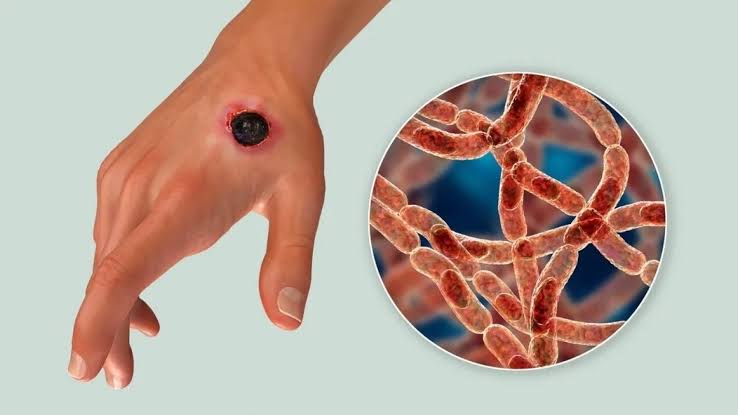Nigeria has recorded a total of 836 confirmed cases and 80 deaths from diphtheria between May and June this year.
According to the diphtheria situation report released Saturday by the Nigeria Centre for Disease Control (NCDC), the confirmed cases were recorded across 33 Local Government Areas (LGAs) in seven states and the FCT.
Within the period under review, NCDC stated, a total of 2,455 suspected cases were reported from 24 states.
It added that 71.5 per cent of the confirmed cases occurred among children aged 2–14 years.
Despite diphtheria being a vaccine-preventable disease, NCDC noted that only 181 (21.7 per cent) out of 836 confirmed cases were fully vaccinated with a “diphtheria toxin-containing vaccine.”
Breakdown of cases
According to the situation report, Kano state accounted for 819 confirmed cases out of the total 836 cases.
Lagos State came second on the chart with eight cases, followed by Yobe and Katsina states with three and two cases respectively.
The FCT, Osun, Kaduna and Cross River states recorded a single case each.
Kano, Yobe, Katsina, Lagos, the FCT, Sokoto, and Zamfara states also accounted for 98.0 per cent of suspected cases.
About Diphtheria
The NCDC explained that diphtheria was a serious bacterial infection caused by the Corynebacterium species that affected the nose, throat and sometimes, the skin of an individual.
It noted that people most at risk of contracting diphtheria are children and adults who have not received any or a single dose of the pentavalent vaccine, people who live in a crowded environment, in areas with poor sanitation and healthcare workers who are exposed to suspected or confirmed cases of diphtheria.
On transmission, NCDC added that the disease spreads easily between people through direct contact with infected people, droplets from coughing or sneezing and contact with contaminated clothing and objects.
The symptoms of diphtheria include fever, runny nose, sore throat, cough, red eyes (conjunctivitis) and neck swelling.
In severe cases, NCDC said, a thick grey or white patch appears on the tonsils and/or at the back of the throat, causing difficulty in breathing.
Prevention
To prevent the disease, the NCDC urged parents to ensure that their children were fully vaccinated against diphtheria with three doses of the pentavalent vaccine as recommended in the childhood immunisation schedule.
It added that healthcare workers should be vigilant and look out for symptoms of diphtheria, and individuals with signs and symptoms suggestive of diphtheria should isolate themselves and notify their local government areas’ state disease surveillance officer.






